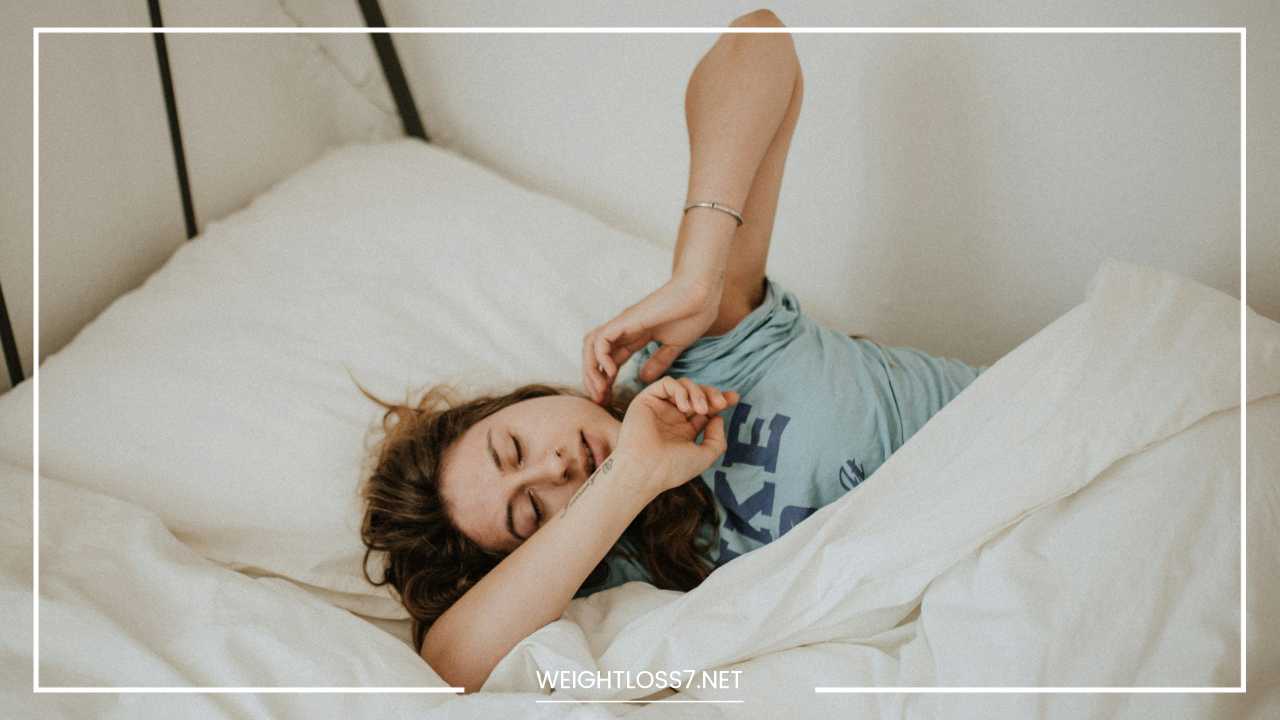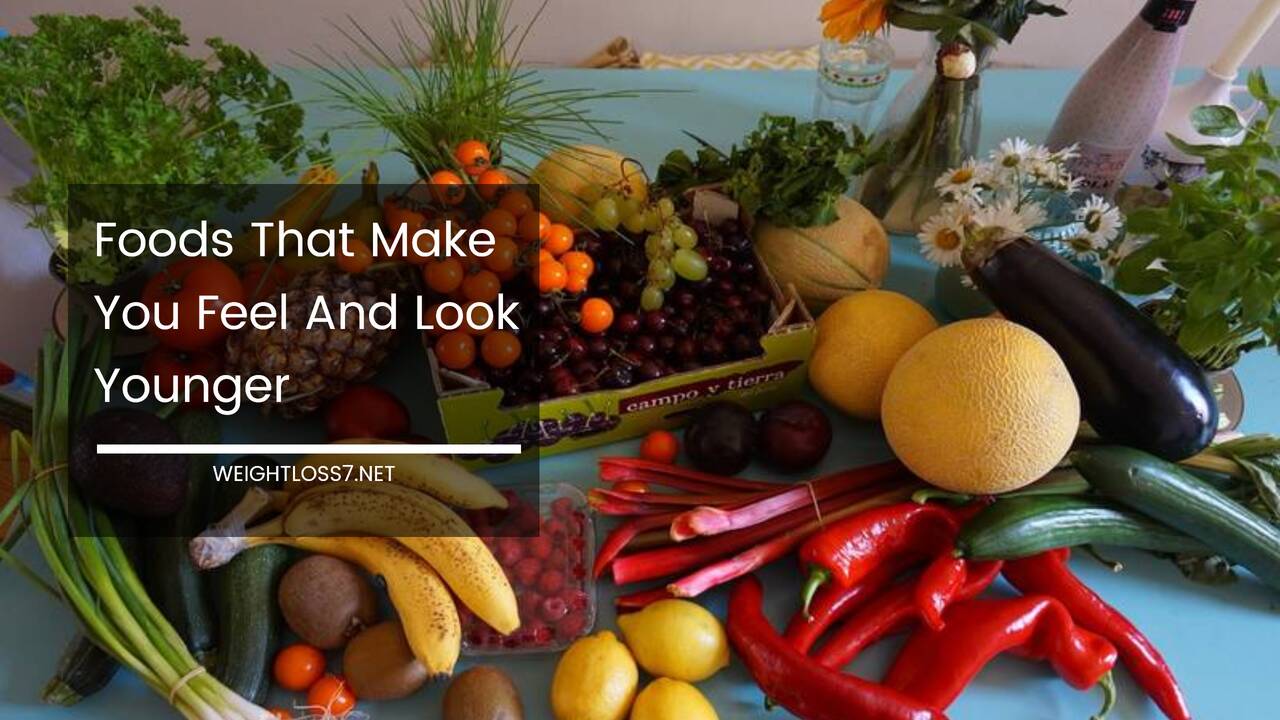Foods You Should Avoid Before Sleep

Hitting the pillow and drifting off to sleep isn’t always as dreamy as it seems: you may toss, you may turn, and you may count sheep until you make up a large flock.
While a great amount of things can influence the ability to fall asleep, one factor often overlooked is food.
Foods That Hurt Sleep
According to Fox News, there are certain foods that can inhibit your ability to get some shut eye. Consider avoiding the following before bed:
Foods That Are Natural Diuretics
Diuretics remove water from your body; hence, ingesting them prior to bed can leave you spending more time in the bathroom than the bedroom. Foods that are natural diuretics include celery, grapes, pineapple, pumpkin, onion, and asparagus.
Foods That Are Heavy
A heavy meal before bed is not ideal for sleep. In fact, things like pizza, pasta, and a burger with fries can leave you tossing and turning (if not also hurling and heaving). These foods can also disrupt your blood sugar and wake you up in the middle of the night.
Foods That Are Acidic Or Spicy
Acidic and spicy foods are practically the enemy of sleep because they often trigger reactions in those with acid reflux disease.
As such, eating tomatoes, garlic, or peppers before bed can leave you with indigestion. Even if you are able to fall asleep, it’s not likely that you will rest comfortably.
Foods That Contain Caffeine
You wouldn’t drink a latte before bed, so you shouldn’t eat chocolate before bed either. Chocolate doesn’t contain nearly as much caffeine as coffee, but it does contain small amounts. Thus, it’s best to avoid it before hitting the hay.
Foods That Help You Sleep
While the above should be avoided, not all food will interrupt your sleeping pattern. According to Web MD, foods that have tryptophan can help you fall asleep.
Tryptophan is an essential amino acid that helps promote sleep within the body. Certain foods contain more tryptophan than others, and ingesting them before bed can assist in relaxation.
Foods known to be high in this acid include nuts, seeds, oats, bananas, and dairy products, which is likely why a warm glass of milk is believed to help with sleep.
While it’s a common myth that turkey is high in tryptophan, in actuality it doesn’t really contain more than other poultry products.
Rather, the tiredness that tends to happen after a large Thanksgiving meal is probably a result of the other foods consumed.
How Long Does Food Take to Digest?
The amount of time it takes for food to digest depends on the individual, and differs among men and women. However, it usually takes 6-8 hours for food just to move through your stomach and small intestine.
Certain foods, such as complex carbohydrates and foods high in protein, usually take longer to digest than simple sugars.
Both sleep and food are integral parts of our daily function; we cannot live without them. However, some foods are more conducive to sleep than others.
Watching what you eat before bedtime can help assure a restful night of sleep, increasing your odds of a productive tomorrow.
















